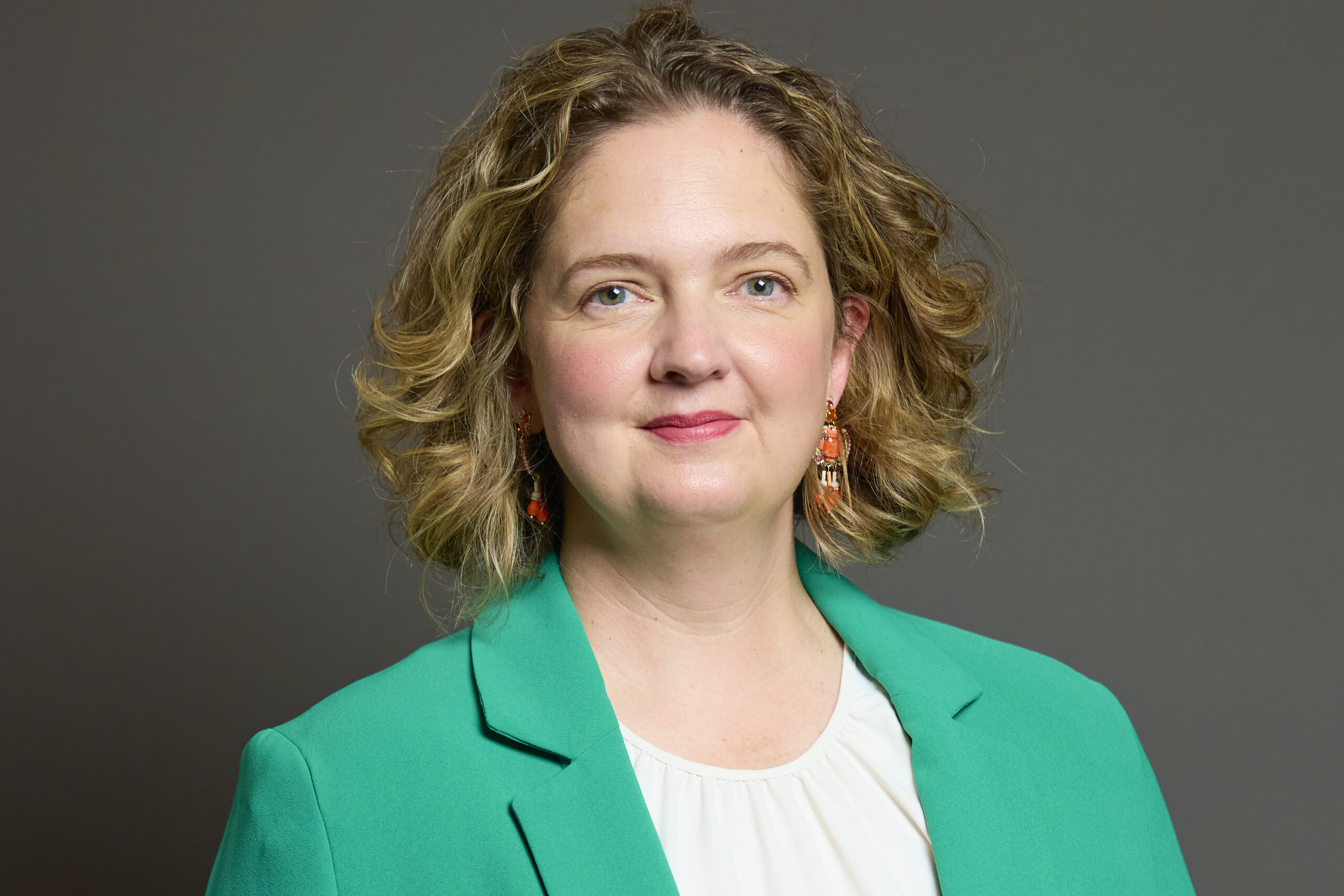In an age of self-driving cars and space tourism, it is astonishing that many people in rural Britain still can’t reliably make a phone call or load a web page. I represent Frome and East Somerset, a largely rural constituency, and earlier this year I conducted a survey in villages like Lamyatt, Doulting, Alhampton, West Pennard, and Witham Friary to understand how residents experience broadband and mobile connectivity.
The response was overwhelming – and remarkably consistent. People told me their broadband is unreliable, their mobile reception patchy or non-existent, and the cost of getting connected prohibitive. Some use multiple SIM cards to try to patch together signal across providers. Others, quite literally, have to leave their homes and walk up the road to receive a one-time passcode (OTP) to access their bank.
This is not a matter of luxury or convenience. In 2025, reliable digital infrastructure is a basic utility on par with electricity or running water. Whether it’s a child trying to complete homework, a farmer submitting regulatory paperwork, a small business taking card payments, or an elderly person trying to contact a GP, connectivity is now essential to daily life.
I heard from several brilliant rural businesses – wedding venues, farms, and ironmongers among them – that are fighting an uphill battle. Their growth is stymied by slow internet speeds and unreliable mobile reception. A farm in my constituency was recently quoted over £250,000 to run a full-fibre cable a relatively short distance. That is not a viable option. It is a barrier to productivity, growth and fairness.
But this problem is not just economic; it’s about social inclusion and public safety too.
One of the most urgent concerns is the Government’s Digital Switchover, which will eventually see traditional landlines phased out in favour of internet-based telephony. In theory this is fine if you have reliable internet and 4G. But many of my constituents do not. Vulnerable people who rely on landlines for emergency calls will be left dangerously exposed if the infrastructure doesn’t meet them where they are.
And basic tasks still rely on basic mobile signal. Two-factor authentication codes for online banking or GP appointments are often delivered via SMS. If you can’t receive a text, you can’t access essential services. One woman in Alhampton told me she has to leave her home and run up the lane every time she needs to receive a one-time passcode. In 2025, that should not be happening anywhere in Britain.
Too often, we talk about digital transformation in a way that assumes everyone is starting from the same place. They are not. Urban areas have had a head start. But rural communities should not be punished simply for being harder to reach.
I welcome the Government’s efforts through Project Gigabit and the Minister’s willingness to engage. But rhetoric must now be matched with practical action. I have three clear asks.
First, we urgently need transparency about who will and won’t be served by Project Gigabit. Residents deserve to know where they stand. The Government must publish detailed maps showing which households are included, and just as importantly, what will be done for those left out. No community should fall through the gaps.
Second, I am deeply concerned by reports that the remaining £2 billion in Project Gigabit funding could be vulnerable in the upcoming Spending Review. Any cuts would seriously jeopardise universal coverage. If rural areas are once again at the back of the queue, full-fibre may never arrive.
Third, the Digital Switchover must come with real, targeted support for the elderly and vulnerable. We cannot rip out existing infrastructure until robust alternatives are fully in place.
This is not a question of whether the technology exists – it does. It is a question of political will. The ambition to create a connected Britain is commendable, but it must be rooted in equity. Urban, rural, remote or central, every citizen deserves a basic level of digital access.
No one should have to run up a hill just to get a text message. The solution isn’t futuristic or complex; it’s making sure the basics work for everyone.
No One Should Have to Run Up the Lane for a Text Message


